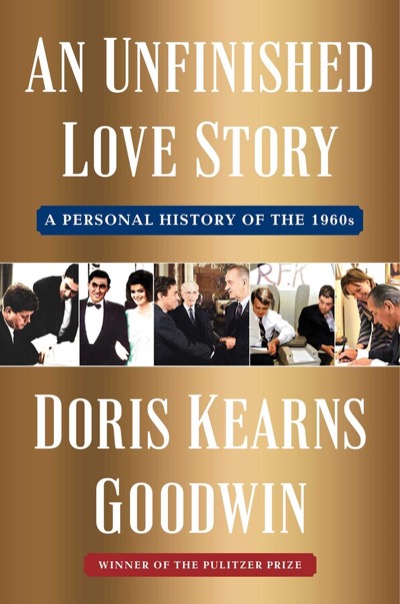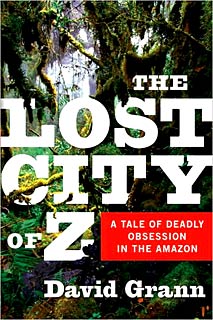This review contains affiliate links, which earn me a small commission when you click and purchase, at no extra cost to you. Thank you for supporting my small business and allowing me to continue providing you a reliable resource for clean book ratings.
Richard (Dick) Goodwin spent nearly the entire 1960s as a speechwriter of renown for John F. Kennedy, Lyndon B. Johnson, Robert F. Kennedy, and Eugene McCarthy. He then worked in academia while continuing to publish on politics. He married writer/historian Doris Kearns in 1972 after his first wife passed away. Goodwin died in 2018.
While working with the political luminaries of the ’60s, Goodwin kept nearly everything: notes, drafts of speeches, random bits of memorabilia, ticket stubs, photos, magazine and newspaper articles, etc. This collection was maintained in dozens of boxes, mostly identified by year. The author decided in 2015 to tackle these items and explore that seminal decade from the point of view of someone who was present for a lot of behind-the-scenes decision-making. This book is the product of that herculean effort.
I was born in 1961, so everything in these pages was happening while I was either a toddler or a student in elementary school. Thus, even though I am reasonably conversant with the historical events, I was absolutely clueless about how any of them came about. For me, working through this was a very educational exercise; my parents never said anything about this era when they were alive, and I have not delved deeply into the machinations underpinning the development of the Great Society, which is the primary focus of this publication.
The most consistent memory I have from the 1960s was how so many of my school friends did not have fathers at home; rather, those men were serving in Vietnam. I did not know what that meant, of course, but as I grew older and saw what happened to many of those men, I began to perceive the personal costs of that drawn-out episode on my friends and their families. Some of it was very disturbing to witness firsthand. (My father was a Marine during the early 1960s, but even though he volunteered to his superiors his willingness to serve in Vietnam, he was consistently denied. He struggled with that for the remainder of his life.) Therefore, I acquired this book with great anticipation, hoping to gather more insight into this complex historical period and maybe understand a little better why I witnessed such intense emotional and psychological distress during my teenage years.
Although I was not completely disappointed in that quest, I was surprised and not a little disheartened as I sensed the aura of subtle sanctimony suffusing this text while extolling the merits of the aforementioned politicians. I fully agree that many of the domestic elements that came into being during that time have helped millions of Americans (myself included) to live better lives. I also agree that it is always best to focus on the positive whenever possible.
But when a memoirist leans toward smug in her/his version of how and why certain programs were shaped, I cannot help but to be disappointed. Were JFK, LBJ, and RFK really and truly phenomenal personalities, or are we readers simply being served a point of view from an intellectually elite angle? I think what upset me the most was how all of the Vietnam discussions in this work were based on numbers, lines on a map, and the decision-makers (on both sides), while my life experience has been with those actual people who endured the consequences of those facts.
Doris Kearns Goodwin is an incredibly skilled writer and all of the prose in this volume is clear and concise. Even though I did not love everything about this treatise, the personal bits between her and her husband were very pleasant.
Rated: Mild. No incidents of strong profanity, seven uses of Deity in vain, and about three dozen instances of mild cursing. This could be moderate for very sensitive readers.




